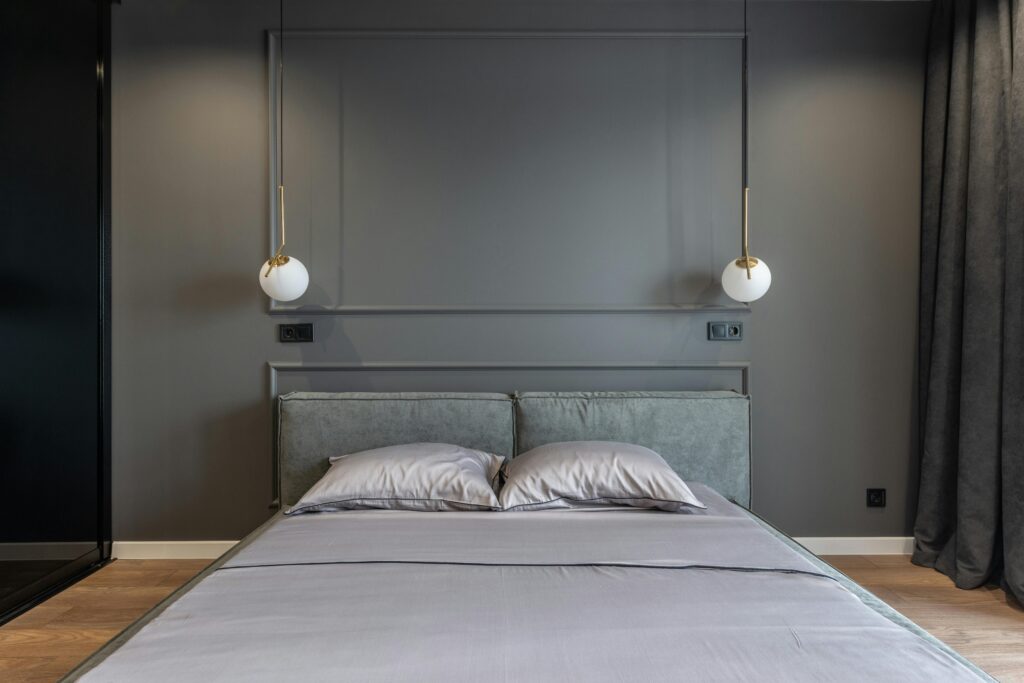Health, Wellness & Mental Well-Being
Sleep Hygiene: The Complete Guide to Better Sleep and Health
Introduction
Sleep is one of the most vital functions of the human body. It restores our physical energy, sharpens our memory, regulates emotions, and maintains overall well-being. Yet in today’s busy world, many people struggle to get quality sleep. According to studies, sleep problems like insomnia, restlessness, and irregular sleep patterns are rising worldwide.
This is where sleep hygiene comes in. Sleep hygiene refers to a set of healthy habits, behaviors, and environmental factors that promote good sleep. Unlike sleeping pills or medical interventions, sleep hygiene is a natural and sustainable way to improve sleep quality.
In this blog, we’ll explore:
What sleep hygiene means
Why it’s important
Practical tips for better sleep hygiene
Common mistakes to avoid
FAQs about healthy sleep
What Is Sleep Hygiene?
Sleep hygiene is not a single practice but rather a collection of routines and lifestyle adjustments that make it easier for your body and mind to rest at night.
Think of it as preparing the ground for a good night’s sleep. Just like a plant needs the right soil, sunlight, and water to grow, your body needs the right conditions to recharge. Good sleep hygiene helps regulate your body’s circadian rhythm (your internal clock), making it easier to fall asleep and wake up naturally.

Why Is Sleep Hygiene Important?
Poor sleep affects every part of life—mood, focus, productivity, and even physical health. Over time, sleep deprivation can lead to:
- Weakened immune system
- Memory and concentration problems
- Increased risk of obesity, diabetes, and heart disease
- Emotional instability and irritability
- Reduced work or study performance
On the other hand, good sleep hygiene:
Improves energy levels
Enhances memory and learning
Boosts mood and emotional balance
Supports physical health and immunity
Increases productivity and focus
Tips for Better Sleep Hygiene
1. Stick to a Consistent Sleep Schedule
Your body loves routine. Going to bed and waking up at the same time every day (including weekends) helps train your biological clock. Over time, you’ll naturally feel sleepy at night and refreshed in the morning.
2. Create a Relaxing Bedtime Routine
Signal to your brain that it’s time to wind down. This could include:
- Reading a calming book
- Taking a warm shower or bath
- Practicing deep breathing or meditation
- Listening to soft, slow music
3. Make Your Sleep Environment Comfortable
Your bedroom should be a sleep sanctuary. Consider these changes:
- Keep the room cool (around 18–20°C is ideal).
- Use blackout curtains or an eye mask to block light.
- Reduce noise with earplugs, white noise, or soft background sounds.
- Invest in a good mattress and pillows.
4. Limit Screen Time Before Bed
Screens (phones, TVs, computers) emit blue light, which suppresses melatonin—the hormone responsible for sleep. Try to switch off electronics at least 1 hour before bedtime.
5. Avoid Stimulants in the Evening
Caffeine (coffee, tea, energy drinks) and nicotine are strong stimulants that can delay sleep. Heavy meals close to bedtime can also cause discomfort. Instead, opt for light snacks if you’re hungry.
6. Exercise Regularly
Physical activity promotes better sleep, but avoid intense workouts close to bedtime. Aim for morning or afternoon exercise to energize your body and help regulate sleep.
7. Reserve Your Bed for Sleep and Rest
Don’t use your bed as a workstation or entertainment hub. This way, your brain associates the bed with rest, not stress or distraction.
8. Get Daytime Sunlight Exposure
Natural light exposure helps regulate your circadian rhythm. Try to spend at least 20–30 minutes outdoors in the morning or afternoon.
9. Manage Stress and Anxiety
Mental stress is one of the biggest obstacles to quality sleep. Consider journaling, mindfulness meditation, or prayer before bed to release negative thoughts.
10. Handle Sleep Disruptions Smartly
If you can’t sleep within 20 minutes, don’t force it. Get out of bed and do a relaxing activity (like reading) until you feel drowsy. Avoid checking your phone or clock it only increases anxiety.
Common Mistakes That Damage Sleep Hygiene
- Going to bed at irregular times
- Taking long naps during the day
- Using the phone or laptop in bed
- Drinking caffeine in the late afternoon or evening
- Keeping the bedroom too bright or noisy
Avoiding these mistakes is just as important as following good habits.
Frequently Asked Questions (FAQs)
1. How many hours of sleep do adults need?
Most adults need 7–9 hours of sleep per night, though individual needs may vary.
2. Can naps affect nighttime sleep?
Yes, long or late naps can interfere with nighttime sleep. If you nap, keep it under 30 minutes and before 3 p.m.
3. Do sleep supplements help?
Some people find melatonin or herbal teas helpful, but lifestyle changes are usually more effective long-term. Always consult a doctor before taking supplements.
4. Is it okay to watch TV before bed?
It’s best to avoid it. If you must, use “night mode” settings and keep the screen dim.
5. What if I still can’t sleep despite good habits?
Chronic sleep problems may indicate a medical condition like insomnia or sleep apnea. In such cases, professional help is necessary.
Conclusion
Good sleep hygiene is a powerful, natural way to improve both your sleep and your life. By following consistent routines, creating a sleep-friendly environment, and avoiding common mistakes, you can achieve deeper, more restful sleep.
Remember, change doesn’t happen overnight. Start small—pick one or two tips and gradually build your routine. Over time, your body and mind will thank you with better health, sharper focus, and brighter mornings.